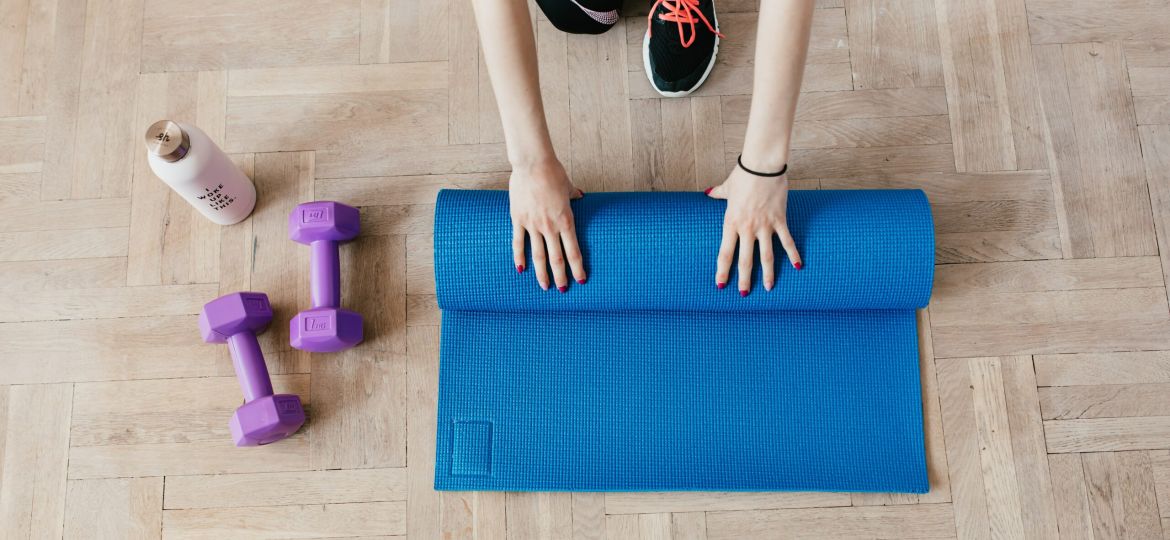
Becoming fitter is the number 1 goal in the Netherlands. More than 50% of people who exercise weekly have getting fitter first on their goal list.
Becoming fitter or improving endurance means increasing your body capacity to be able to do long-term physical exertion. It involves strengthening your heart, lungs and muscles to increase the efficiency of your cardiovascular system. The goal is to be able to exercise longer and more intensively without getting tired, which contributes to overall health and well-being and to be able to continue doing daily activities such as climbing stairs, sprinting, playing and carrying around for longer, without getting tired quickly.
HOW DO YOU GET FIT?
The most important advice for getting fitter is to embrace a healthy and balanced lifestyle. This covers several aspects, but the following advice is essential:
- Regular exercise: Physical activity is vital for your overall fitness. Choose a form of exercise that you enjoy and that suits your personal preferences and capabilities. This may include cardiovascular exercises (such as walking, jogging, cycling, swimming) to strengthen your heart and lungs, as well as strength training to strengthen your muscles. Aim for at least 150 to 300 minutes of moderate-intensity exercise or sports and strength training twice a week.
- Healthy and balanced diet: Nutrition plays a crucial role in improving your fitness. Provide a varied diet rich in vegetables, fruits, whole grains, lean proteins (such as poultry, fish, legumes), healthy fats (such as nuts, seeds, olive oil) and limited amounts of added sugars, salt and saturated fats. Drink enough water and limit the consumption of alcohol and sugary drinks.
- Adequate rest and recovery: Rest and recovery are just as important as exercise. Get enough sleep (an average of 7-9 hours per night) as this helps your body recover and promote optimal health. Listen to your body and give it time to recover after intense training sessions.
- Stress management: Stress can have a negative impact on your overall health and fitness. Find ways to reduce stress, such as meditation, breathing exercises, yoga, plenty of relaxation, and hobbies that bring you pleasure and relaxation.
- Consistency and patience: Getting fitter is a long process that requires consistency and patience. Set realistic goals and make achievable plans to improve your fitness. Persevere, even if you experience temporary setbacks.
- Choose a short-term goal: Having a goal and focus is important and it must be achievable. So choose a short-term goal such as exercising extra once a week or taking 2 extra walks per week. Building up to more sustainable exercise is more important than starting too intensively and then quickly giving up.
If you have specific health concerns or questions about your fitness journey, consult a personal trainer. They can help you with personalized advice that suits your needs and goals.
Remember that everyone is unique, so it’s important to listen to your own body and find what works best for you. With the right mindset, commitment and consistency, you can gradually become fitter and improve your overall health and well-being.

